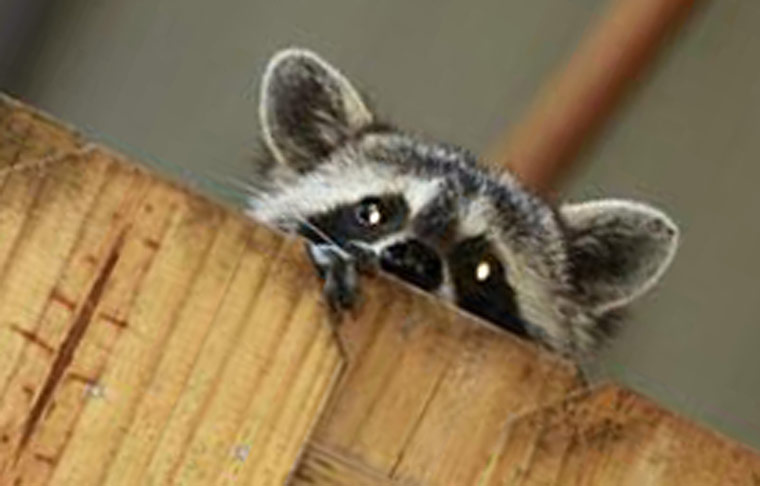-
info@aaanimalcontrol.com
Call us for help in your town
Humane Wildlife Education
How to know if you have rabies
Need wildlife removal in your hometown? We service over 500 USA locations! Click here to hire us in your town and check prices - updated for year 2020.
The bad news about rabies is that once you know you’ve got it, your case is likely to be fatal. This is a very serious disease that requires urgent and immediate medical attention, and this is why ANY animal bite, wild or otherwise, should be treated right away by a doctor.

When you visit your doctor after a bite, they will wash it, make sure the bleeding has stopped, and perhaps give you stitches if they are necessary. They will also ask if you have been vaccinated for rabies. If you have not, they will give you said vaccination. Why? Because it won’t be clear whether or not you actually have rabies right away, and that’s when you need the treatment, in the form of that vaccination.
Rabies is quite rare, and that’s the good news. Pets are often vaccinated these days, so household cats and dogs don’t tend to be too much of a problem. Restrictions on animals crossing boarders have also helped to keep the disease somewhat contained. Despite best efforts, however, it is still a disease that we all need to concern ourselves with, and this is even more so the case if you live in an area that is rich with wildlife.
Rabies is found everywhere around the globe. The UK is not known to have any cases of rabies now, due to the fact that it is a small island, pets are vaccinated (although many still are not), and animals are not allowed to cross the border without a passport that contains details of the relevant rabies vaccinations. The only cases of rabies that have been found in the UK lately is a rare type of rabies, found in bats.
Asia, South and Central America, and Africa are all well known to have a steadily growing rabies problem. You can be vaccinated for rabies before traveling to one of these countries.
What animals have rabies?
Almost all mammals are known to carry and transmit the rabies virus. Mongooses, cats, raccoons, jackals, bats, dogs, and more are all well known carriers. Even monkeys can have the disease, as well as spreading it, and that spreading usually comes in the form of infected saliva. The animal bites another animal or human, and because of the saliva that comes into contact with the blood stream, the virus has a way to move from one body to the next.
Learn more about raccoons with rabies: Are Daytime-Active Raccoons Infected With Rabies?
How to tell if an animal has rabies?
You generally won't be able to tell whether or not an animal has rabies, and there are many reasons behind this. The disease could be dormant, for one, as it is known to lie quietly for days, weeks, and sometimes even months and years before symptoms start to show. The infection won’t present symptoms right away, so an infected animal could be seen as perfectly normal for quite some time.
Animals that do have rabies tend to be rather unpleasant characters, displaying signs of aggression and irritability. This is mostly down to confusion and are symptoms that both animals and humans share. Other symptoms in humans include a temperature, headaches and muscle pains, rising levels of anxiety, unusually-high levels of pain / tenderness around the bite mark. If you didn't know this, however, you might just think you have a cold. The bite and the “cold” wouldn’t be linked right away.
Not that it matters because if you are already showing these symptoms of rabies, you have passed the point at which the disease can be treated. Vaccination can only be given directly after the bite or scratch - up to the next day. Some doctors will have this drug to hand - immunoglobulin - but others may need to order it in. This is not unusual, but will need to be fast-tracked. You should aim to see a medical professional within the first few hours immediately after your bite.
For more information, you may want to click on one of these guides that I wrote:
How To Guide: Who should I hire? - What questions to ask, to look for, who NOT to hire.
How To Guide: do it yourself! - Advice on saving money by doing wildlife removal yourself.
Guide: How much does wildlife removal cost? - Analysis of wildlife control prices.
animals in the attic
noises in the attic


















